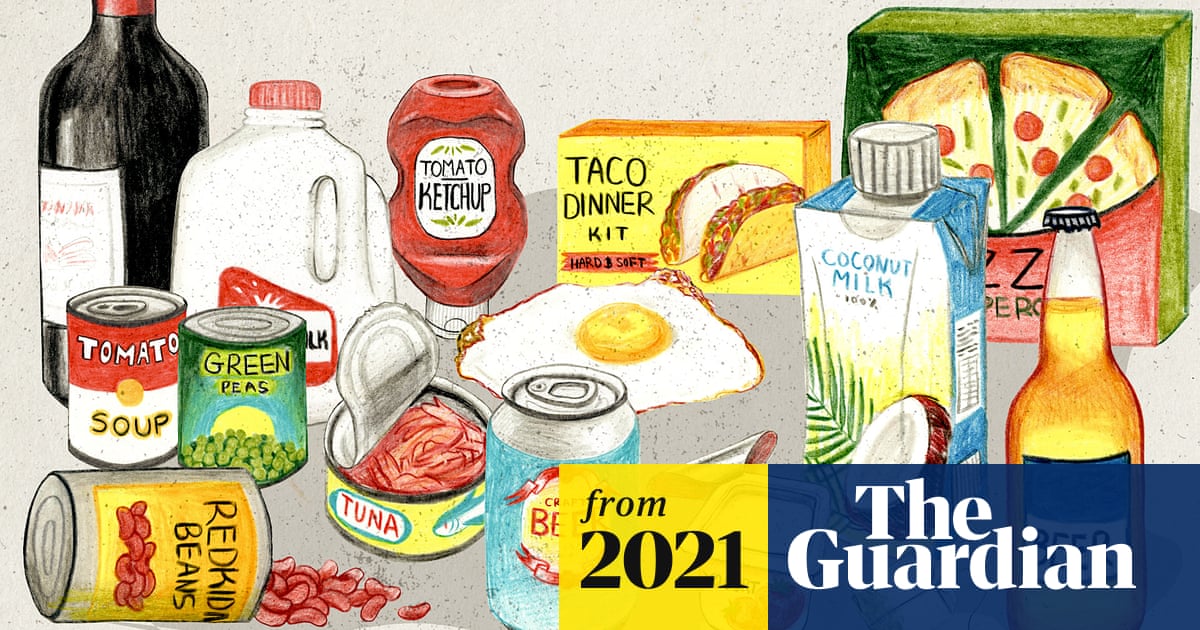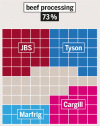Forget for a second that you don't like how the information was provided and simply look at the information.
What are your opinions about it? Do you think it's good that a really small amount of companies control such a large amount of food? Do you think that makes it harder or easier for there to be competition for consumers to seek out? Do you think anyone should try to do anything about the lack of competition?
But here, I will provide a link and Even copy and paste from the link for ya.
Investigation shows scale of big food corporations’ market dominance and political power

www.theguardian.com
Consumer choice is largely an illusion – despite supermarket shelves and fridges brimming with different brands.
In fact, a few powerful transnational companies dominate every link of the food supply chain: from seeds and fertilizers to slaughterhouses and supermarkets to cereals and beers.
The size, power and profits of these mega companies have expanded thanks to political lobbying and weak regulation which enabled a wave of unchecked mergers and acquisitions. This matters because the size and influence of these mega-companies enables them to largely dictate what America’s 2 million farmers grow and how much they are paid, as well as what consumers eat and how much our groceries cost.
“It’s a system designed to funnel money into the hands of corporate shareholders and executives while exploiting farmers and workers and deceiving consumers about choice, abundance and efficiency,” said Amanda Starbuck, policy analyst at Food & Water Watch.
For instance, PepsiCo controls 88% of the dip market, as it owns five of the most popular brands including Tostitos, Lay’s and Fritos. Ninety-three per cent of the sodas we drink are owned by just three companies. The same goes for 73% of the breakfast cereals we eat – despite the shelves stacked with different boxes.
So now that you have been provided the information in a different way is ok for you to post your thoughts?
Tons of great information in article.
I know trump wants to get rid of regulation. Getting rid of regulations is what enabled a wave of unchecked mergers and acquisitions and helped create these monopolies.
I wish someone was trying to do something about this issue.
Sent from my CPH2451 using Tapatalk




